It pretty much sucks when you are exhausted and ready for sleep, but your brain is not. You lay there with thoughts running through your head — worrying about what you did or did not do, family members, money, your job, and all the things that you cannot control.
Perhaps you go to sleep just fine, without a worry in the world, but then you wake up with a start at 1 am, then 3 am, then again at 5 am. You get up, grab a coffee (or two), or some other stimulant, and plow through your day running on adrenaline, stimulants and maybe even sugar. Or — you hit the snooze button over and over again and drag though the day in dread because you just can’t seem to put a together a complete thought.
No matter what’s going on, the long and even short term consequences of sleep disruption can have a profound affect on your mental and physical health in a number of ways. Just plug “sleep deprivation” into Google Scholar and studies abound demonstrate the negative effects on brain health, behavior, performance, cortisol levels, immune function, hormones, and more.
Many people turn to over-the-counter and pharmaceutical sleep aids. I did too. As you can guess, these don’t come without side effects. Also, they are a “Band-Aid” fix that are not likely to help long term. Often, I find that sleep aids, anti-depressants, and anti-anxiety medications are prescribed without ever addressing or considering diet and lifestyle factors first — and that’s a shame.
On my own personal journey to more optimal health, and to get off the multitude of medications I found myself on as I approached middle age — sleep was something I knew I HAD to fix. I knew sleep deprivation was severely impacting my life.
As it turns out, I stumbled upon better sleep as I made some tweaks to my diet and implemented some strategies that I learned reading multiple studies, forums and books. Later, after I turned my health around and pursed my nutrition education (10 years ago now), I learned more tips and tricks that continue to help me when sleepless nights kick in on occasion.
I’ve used these strategies with my clients with great results too. These are not my own personal discoveries; I learned these tips and tricks via a lot of research and self-implementation.
So, let’s get down to it. Here’s my list of 11 ways to improve your sleep
- Tweak your diet (& the timing of your nutrition)— This is probably the biggest priority and what has influenced my sleep, mood, performance, and overall health the most. The bottom line is, eat a nutrient dense, anti-inflammatory diet that supports blood sugar regulation and eat at regular times. And with most things, progress, not perfection is what gets you results. Personally, I avoid gluten containing grains and limit commercial dairy, sticking to mostly quality cultured dairy such as Good Culture Cottage Cheese and Nancy’s Probiotic Greek yogurt (I still enjoy a small amount of cheese at least once a week and will use a quality heavy cream in my coffee). I’ve eliminated at home use of industrial vegetable/seed oils (unavoidable in most restaurants) and ultra processed foods. I have greatly reduced (but not eliminated) sugar intake. I eat: hormone and antibiotic free meat & eggs (mostly grass-fed/pastured); wild-caught seafood such as Alaskan salmon & sardines; a variety of colorful fruits (especially berries) and vegetables; nuts, seeds, & olives; and healthy fats such as olive oil, coconut oil, butter, and ghee (clarified butter). To add robust flavor, I use plenty of delicious herbs, spices, sea salts, and infused balsamic vinegars. It turns out that the timing of your food intake plays an important role in your circadian rhythm too (there is research by Satchidananda Panda of the Salk Institute about this). On most days, if possible, it supports your sleep to eat most of your food during daylight hours. Daylight savings time messes this up a bit but what’s key is not eating meals too late in the evening close to bedtime (ideally allow 3 hours between dinner and bedtime). There is an exception that I make sometimes that find does NOT disrupt my sleep – when I am expending a lot of energy while training for a race, for example, I find it helpful to have a snack of cottage cheese before bed.
- Limit coffee & other stimulants (such as tea, kombucha, & chocolate)— Cut back or perhaps remove at least some of these things. I personally find that with my clients, and myself — any more than 1 cup of coffee a morning can disrupt sleep. Also, coffee or caffeinated products in the afternoon are major culprits of sleep disruption – so stick to 1 cup in the morning. Some people can get by with a cup of caffeinated tea or komubcha after lunch, however, this is unique to each individual and I don’t recommend more than 16 oz. I’m not taking anyone’s chocolate away, but if you are consuming it later in the day and are having sleep issues, try enjoying it earlier. I know all this is easier said that done but you NEED SLEEP.
- Cut back or avoid alcohol use — If you are having trouble sleeping and are drinking nightly, this can be a problem (even just a single glass of wine). It may help you wind down but it can also cause a dip in blood sugar, causing cortisol to kick in, waking you up. Another reason to avoid drinking alcohol nightly or even regularly is that your body needs to detoxify alcohol first (same holds true with caffeine). As the toxins in our food, water and environment have increasingly added to our overall toxic load, adding yet another toxin for your liver to process can overburden your liver’s enzymes leading to oxidative stress and free radical production, which can contribute to a host of chronic health conditions I’m sure you want to avoid.
- Natural Calm — Magnesium deficiency is pretty common due to a number of factors including the consumption of sugar, stress, and excessive exercise. Due to nutrient depletion of soil, you are not likely getting enough in your food. Magnesium helps your muscles relax among many of its functions in the body. It’s also a nice treat before bed. Being that it is a muscle relaxer, it can affect your eliminations, so I recommend starting with less than the container indicates as a serving, especially if you are prone to loose stools. If you suffer from constipation, Natural Calm might help you with that too.
- Use a Happy Light (Or go outside and get natural sunlight first thing in the AM)— I learned about this many years ago from Tim Ferris, the ultimate biohacker. I am certain this is a big factor in resetting my circadian rhythm whenever I get out of sync. If I cannot get outside first thing in the morning, I use a light therapy light like this one from Verilux for about 20 minutes while I eat breakfast and drink my coffee. These lights are also touted for improving winter blues, so that’s a bonus. Be sure to check the contraindications for things like eye surgery. A 20 minute walk after sunrise is even better but it’s difficult for a lot of people to do this with work and school schedules.
- Turn down the lights/Use Blue Blockers — To support your circadian rhythm, mimic the caveman. As the sun begins to set, dim your lights and turn them off once the sun is set. Also, avoid having your face in a bright screen. Easier said than done, I know. Although not ideal, there are times we have not choice, in those cases you can decrease the brightness of your screen by installing f.lux, free software for your computer, iphone and ipad: “it makes the color of your computer’s display adapt to the time of day, warm at night and like sunlight during the day.” I was resistant to Blue light blocking glasses at first because I couldn’t find a style to fit my small face, but when my sleep slipped, I discovered that the market had expanded and I found that the True Dark Day Walkers and the Twighlight classics fit me well and made a huge difference. This small randomized trial is promising too.
- Sleep in total darkness — Besides turning down the lights and reducing your exposure to bright screens at night, when it come to your bedroom (or wherever you sleep), make sure it’s a dark as you can make it. No lights from electronics, the hallway, nightlights, etc. Some people get room darkening drapes, shades or even removable panels like these by indow (a must for shift workers), as described in this blog post by Michelle of Nom Nom Paleo. My husband and I got some really nice room darkening drapes on sale at Pottery Barn. I also find using a sleep mask helpful – the one I use was recommended by one of my functional neurologists, it’s the Bucky 40 Blinks No Pressure Eye Mask.
- Essential oils — I’m a fan of essential oils but am cautious about how I use them. In my practice I use them therapeutically. They can be very potent, so educate yourself before use. I only recommend organic because they are very concentrated plant extracts. A little goes a long way, so more is not better here. Because essential oils are very potent, if you are on medication, I recommend working with a skilled practitioner to help you find what’s appropriate for you. That said, when I experience occasional bouts of sleeplessness or jetlag from travel, I LOVE these two products by Vibrant Blue Oils: Sleep and Circadian Rhythm. They are extremely effective. In fact, I love all of Vibrant Blue’s therapeutic oils! Feel free to ask me about them.
- Reduce Electro-Magnetic Field (EMF) — Turn off all electronics in your bedroom and turn your phone to airplane mode or don’t have it in the room while you are sleeping. Also, turn off Wi-Fi routers and avoid using electric blankets or heating pads during sleep. Fellow practitioners swear by the effectiveness of turning off wi-fi routers but I don’t have buy-in within my household yet so I at least turn my phone’s airplane mode on.
- Take a warm Epsom salt bath/Rinse in cold shower— This is essentially a transdermal way to get your magnesium and great for stress relief too. Use about 2 cups of Epsom salt in your bath —additionally, you can add 1 cup of baking soda to help neutralize any chlorine from your water. I like to add a couple drops of lavender essential oil from Vibrant Blue Oils. For a good quality source for a great price, I recommend Saltworks. Currently, shipping under 15 pounds is free. You should always shower off after an Epsom salt bath and to sleep better, gradually turn your water until it’s cool to cold. Not pleasant but cooling your core temperature after a hot bath will help you sleep better. Try it!
- Turn down the temperature: Set your thermostat to go lower at night and increase when you want to wake up. Many of my colleagues and some of my client swear by cooling pads and mattresses. Before those were a thing, I placed a cold gel pack behind my neck/upper back as I slept. My youngest son and I did this years ago and recently when I was trying to chase down deep sleep, I discovered that doing this also helps me achieve deep sleep, important brain health and function.
Bonus tip #1: Get a sleep tracker such as an Oura Ring to help track your sleep. It motivates you to create and keep healthy sleep habits. This has been really helpful and motivating for me. You can turn it on airplane mode and sync it in the morning so that you are reducing your exposure to EMFs. I often get a discount code from Oura to share so please contact me if you are looking to buy one.
Bonus tip #2: Other Supplements
Bach RESCUE SLEEP Liquid Melts – I learned about these from my parents…they gave me a little scare when they first told me about some little pills that a friend told them about to help them sleep. I was relieved to hear they they were by Bach, which I was familiar with. I had been traveling and my sleep was out of whack so my dad offered them to me and they are quite effective! As with many sleep aids, they only work so long and honestly, you need to be doing as much as you can with the above. If they stop working, take a break, reassess the above, and then re-introduce.Zenbiome Sleep by Mircobiome Labs – featuring the probiotic 1714™, specially developed to target the gut-brain axis and support occasional stress, mild mood changes, low energy, feelings of occasional fatigue, and occasional sleeplessness. Sleep also contains Lemon Balm and L-theanine, both having strong evidence of promoting calmness and sleep. You need an account with a practitioner to purchase this product. You can sign up for my supplement dispensary here. Please feel free to contact me about it.
We are all unique beings with our own burdens and paths to healing. What works for me may be different from what works for you. I hope you find something helpful in this post. If you have some tips to share, please leave me a comment.
In peace and good health,
xo-Holly
Note: I may receive a tiny bit of affiliate income or credits on some but not all of the links I include in my articles. Please know that I would never recommend something that I am not familiar with or don’t like. The income helps support my business and my efforts to get my work out to the public.
Disclaimer: The information contained herein is not to be construed as medical advice and is not intended to diagnose, treat, or cure any medical condition. These statements made not have been approved by the FDA, nor should they be taken as a substitute for medical advice from a licensed physician.

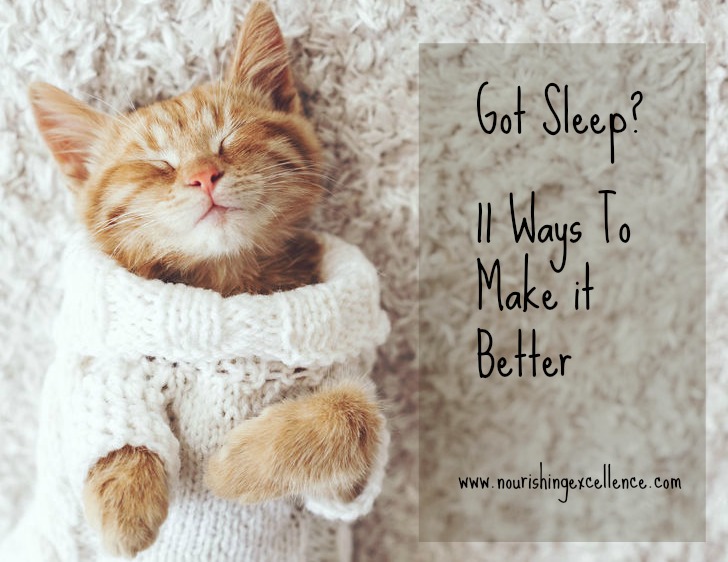

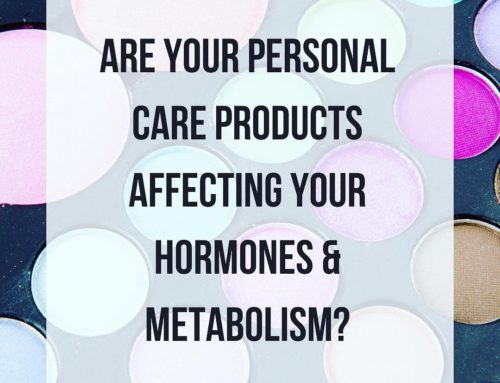
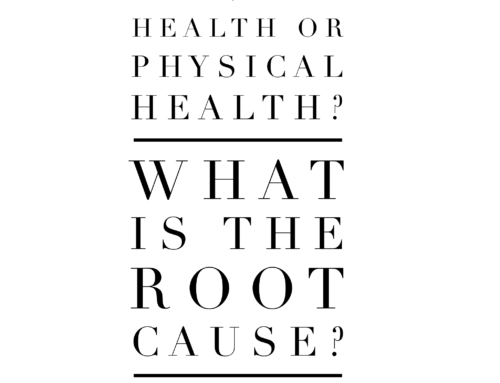
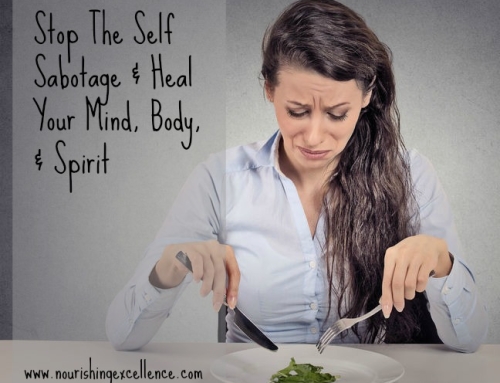
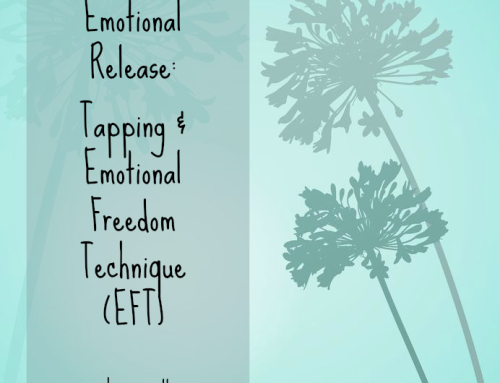
I loved reading your article! You cover a lot of good topics in there, and your writing is very easy to read and understand. If you check the time stamp on my comment you will see I am writing at my bright computer at 11pm when I should be snoozin hehe so I better take your advice and turn it off!! I hope you have a great day tomorrow!~
Katherine Shields
Hi Katherine!
Thank you so much for reading and taking the time out to write a comment! I truly appreciate it! Thanks for your kind words too. Hope you got some good sleep and you have a great day!
All the best to you!